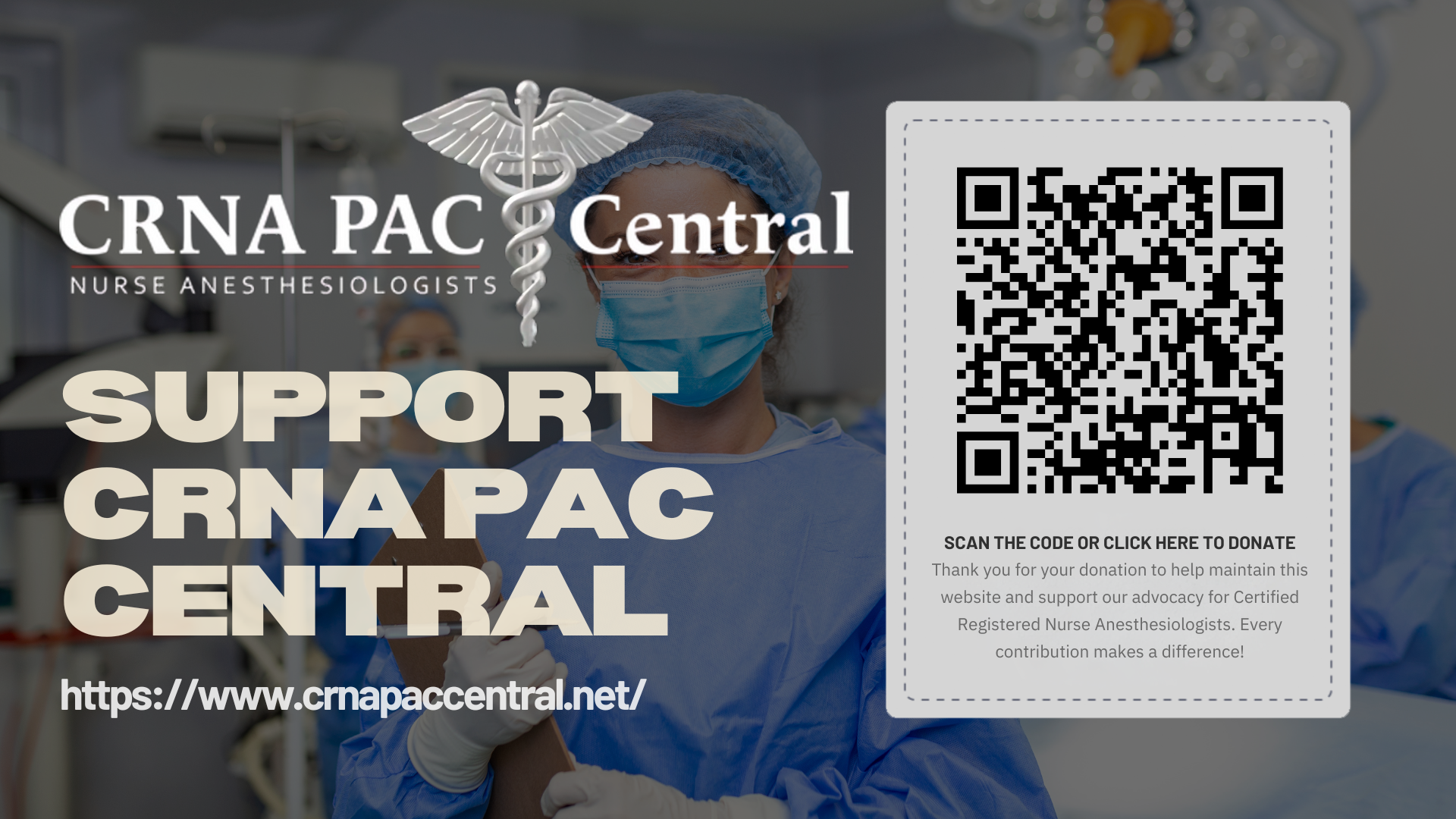CRNAs PLAY VITAL ROLE DURING COVID-19 PANDEMIC
In the height of the COVID-19 pandemic the country began to shut down. This severely impacted elective surgeries, hospitals, ambulatory surgery centers, and patient access to care across the country. As a result, the well established role of Certified Registered Nurse Anesthesiologists or CRNAs involved in the peri-surgical arena was critically impacted with thousands of CRNAs being furloughed from work. As the largest anesthesia provider group in the US, the skill set of these expert providers was at risk of being temporarily eliminated from a healthcare arena during a time when their very services for in vital need.
CRNAs are experts in advanced patient assessment, airway and ventilator management, procuring IV access via peripheral avenues or central line placement, arterial line placement for beat to beat monitoring in critical patients, and management of complicated medication regimens unique to the training and skill set of a CRNA. As intensive care units began filling up, physician intensivists became overwhelmed with the rising patient load - stretching their abilities to keep pace beyond their limits.
Fortunately, the federal government recognized the vital role CRNAs play in healthcare and in a timely manner removed barriers to CRNA practice during this crisis, reinforcing the critical need for the CRNAs skill set and what they bring as providers to the healthcare arena. The decision by Centers for Medicare and Medicaid Services temporarily lifted physician supervision requirements for CRNAs, allowing CRNAs to practice to the fullest extent of our education and training. This helped increase the capacity of our delivery system to better meet the growing demands of this crisis. Of note, 18 states had already removed these requirements prior to the epidemic to meet the needs of their patient population. A study, released in 2010, in Health Affairs titled "No Harm Found When Nurse Anesthetists Work Without Supervision by Physicians," which determined that quality of care was just as good whether aneathesia was provided by an independent practicing CRNA, an independent physician anesthesiologists, or a when in a care team model where a CRNA and physician anesthesiologists work as a team.
Some are not aware that CRNAs have served in every American conflict since the Civil War. CRNAs serve their country as full practice, independent anesthesia providers in every branch of the military, on the front lines in combat-support hospitals and as the sole anesthesia providers on forward surgical teams. CRNAs are also already the primary providers of anesthesia services and pain management in more than 80% of rural America and personally provide more than 80% of the hands on anesthesia in every surgical setting across the country.
"The pivotal role CRNAs play in people’s lives and in providing access to the highest quality care has become overwhelmingly clear. That is why it’s important that the government’s emergency steps should not be temporary. It is a commonsense approach to improving access to the highest quality care while also driving down costs as our delivery system struggles with limited resources and growing demand for services." as stated by Jana Bailey, APRN CRNA

